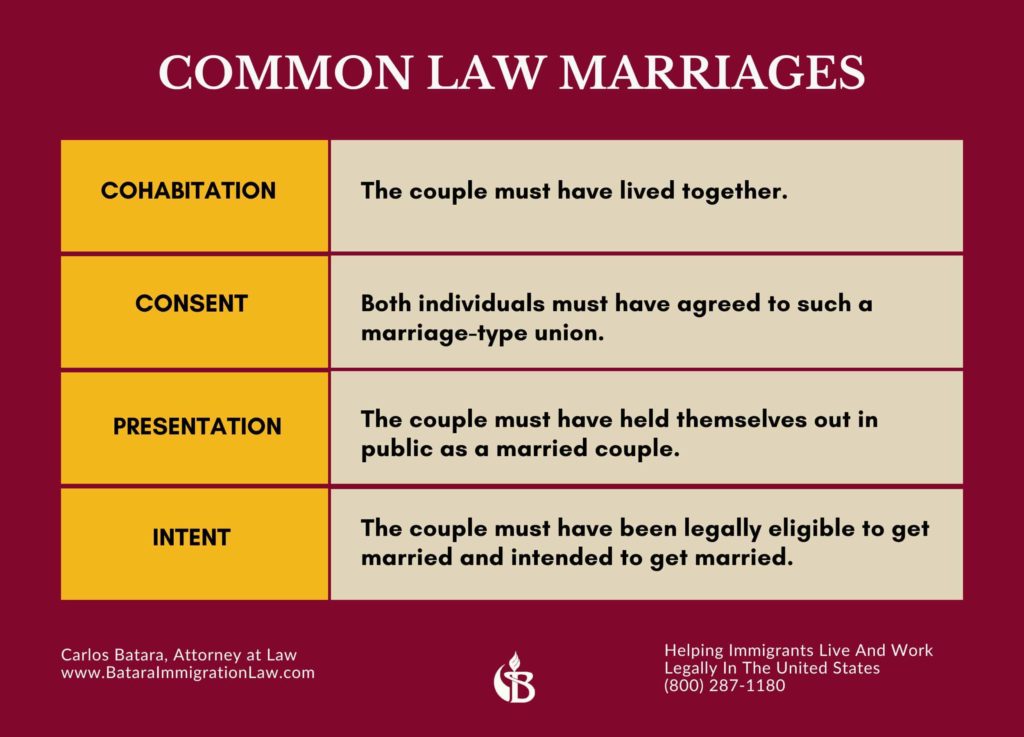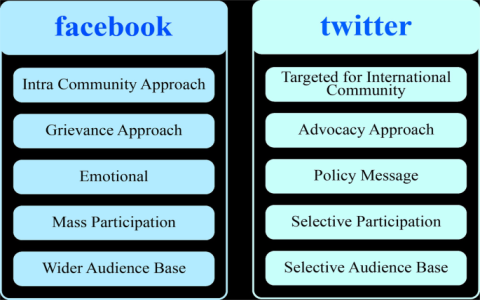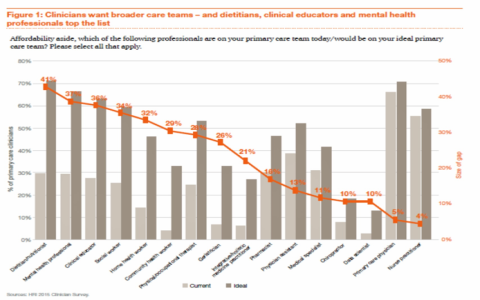Exploring the Concept of Common Law Marriage in Massachusetts
The institution of marriage has long been a cornerstone of societal structure, evolving with legal and cultural shifts over centuries. Among these evolutions, common law marriage stands out as particularly fascinating due to its informal nature and its recognition, or lack thereof, by different jurisdictions. When it comes to Massachusetts, the lens through which we view common law marriage reveals a state with a unique approach.

Common law marriage, in its essence, is a marriage established between two people without formalized legal processes, such as a marriage license or a formal ceremony. This concept harks back to a time when court access was limited or when marriages were predominantly religious, thus keeping legal formalities to a minimum. However, the recognition of common law marriage has ebbed and flowed over time, affected by both legislative and judicial decisions.
In Massachusetts, there is a profound deemphasis on common law marriage. While a handful of states in the U.S. still recognize it, Massachusetts does not. This does not mean the state disregards the rights and privileges associated with marriage; instead, the absence of common law marriage in Massachusetts reflects the state’s emphasis on formalized documentation and legal acknowledgment for marriages to be legally recognized.
Why this emphasis on formality in Massachusetts? One key factor is the quest for clarity and certainty in legal matters. Formal marriages provide clear timelines, documented evidence, and recognized agreements that simplify legal proceedings in cases of divorce, inheritance, or other matrimonial issues. The elimination of common law marriage helps avoid potential disputes over whether a couple was indeed married, thereby streamlining legal processes.
Another significant aspect of Massachusetts’ approach is the focus on protecting individuals’ rights. By necessitating a formal marriage, the state ensures that individuals have a legally recognized partnership, which is vital in matters like health care decisions, property rights, and social security benefits. This formal structure minimizes the ambiguity that can come from informal marital arrangements, potentially protecting partners, especially in vulnerable situations such as the illness or death of a spouse.
Yet, it’s worth noting that while common law marriage isn’t recognized for new couples, under certain conditions, Massachusetts will give effect to valid common law marriages formed in jurisdictions where they are recognized. This acknowledgment occurs on account of principles like comity or full faith and credit, where one state will accept as valid the judicial proceedings or records of another state.
This nuanced approach by Massachusetts reflects a balance between respecting other states’ laws and ensuring its own standards of marriage formality are upheld. It also indicates an evolving understanding of marriage, where traditional practices like common law marriage are reconsidered in light of contemporary needs.
Therefore, while common law marriage remains a historical relic in Massachusetts, its principles and the spirit of mutual commitment continue to echo in modern matrimonial laws through the legal protections and benefits conferred upon formally married couples. The state’s legal framework, designed to protect individuals, acknowledges that the essence of marriage is a profound personal and legal commitment, deserving of formal recognition to safeguard the rights of those involved.
In essence, Massachusetts navigates the complex terrain of marriage law with a clear mandate: formalization and recognition to protect the partners involved. This approach not only reflects contemporary legislative wisdom but also ensures that marriage, in all its forms, remains a solid foundation of both personal and societal stability.




